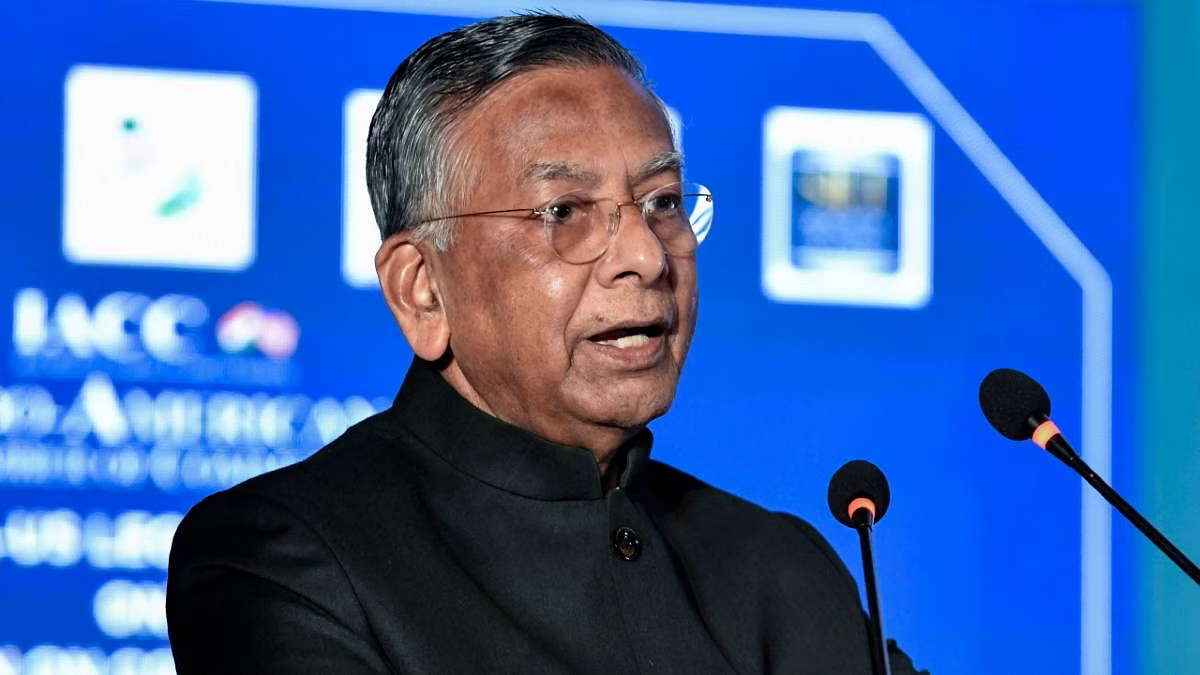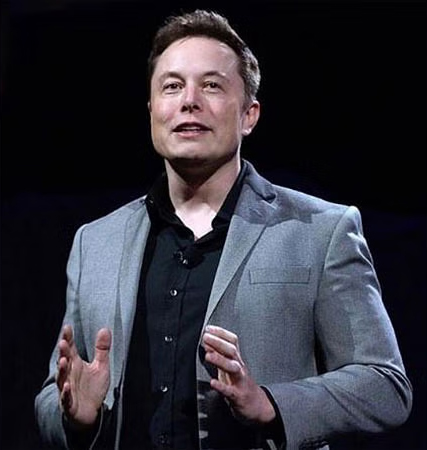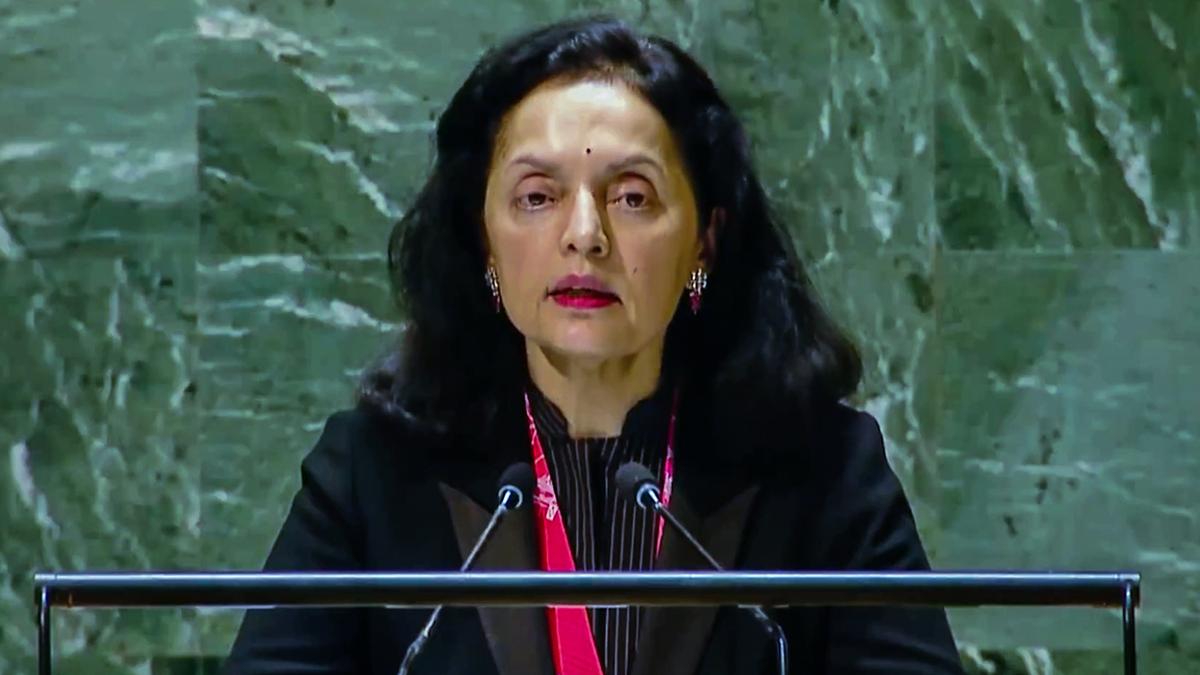A 9-Judge Bench led by the present CJI Dr DY Chandrachud (another colossus of a judge, a la Justice Iyer) has, earlier this week, concluded hearing arguments and reserved for its judgment, a rather interesting question of Constitutional Law :- Whether privately owned property are covered under the ambit of “Material Resources of the Community”, under Article 39(b) of the Constitution of India 1950
 KRC TIMES Desk
KRC TIMES Desk

Sunil Fernandes
Mr Vaidyanathapuram Rama Krishna Iyer, known in popular lexicon as Justice Krishna Iyer led an erudite, eclectic and a multi-faceted life, which spanned an entire century. He was, at various times in his extensive public life, an MLA of then Madras Legislative Assembly, a minister in India’s first Communist Government in Kerala, Member of the Law Commission of India, a distinguished lawyer and a renowned judge of the Kerala High Court and the Supreme Court (1973-1980), authoring path-breaking judgments on PILs, Civil Rights, Constitutional and Socio-Economic Laws.
It’s been more than 3 decades since Justice Krishna Iyer demitted judicial office as a Supreme Court judge, yet he continues to be in the headlines every now and then, by virtue of his judgments, which still find resonance in the court rooms of our country and continues to engage the Supreme Court of India. A 9-Judge Bench led by the present CJI Dr DY Chandrachud (another colossus of a judge, a la Justice Iyer) has, earlier this week, concluded hearing arguments and reserved for its judgment, a rather interesting question of Constitutional Law :- Whether privately owned property are covered under the ambit of “Material Resources of the Community”, under Article 39(b) of the Constitution of India 1950.
Article 39(b) enjoins the State to endeavor “that the ownership and control of material resources of the community, are so distributed as best to subserve the common good”. The rationale of Article 39(b) can be found in the Preamble of our Constitution which lists ‘Socialism’ as one of its ideals and which envisages redistribution of wealth and resources of the community in a manner that the greatest good of greatest numbers are achieved.
Shorn of Legalese, Article 39(b) finds a place in Part IV of our Constitution i.e. Directive Principles of State Policy (DPSP). Unlike Fundamental Rights in Part III of our Constitution, the DPSP (from Articles 36 to 51) are non-justiciable meaning that a Citizen cannot approach a Court of Law to seek its enforcement, just like a citizen can approach the court if her rights under Article 14 (Right to Equality) or Article 19 (Right to Freedom of Speech, Movement etc.) are violated.
DPSP are a set ideals that the State should endeavor to achieve in due course but a citizen cannot go to court and demand that the State make and implement laws which are covered under DPSP. Some other examples of DPSP, which are frequently in the news are Article 44 (Uniform Civil Code) and Article 48 (Prohibition of Cow Slaughter).
Two judgments were delivered by a 7-Judge Constitution Bench of the Supreme Court in ‘State of Karnataka and Anr. vs. Shri Ranganatha Reddy and Anr’ – [(1977) 4 SCC 471] . Justice Krishna Iyer wrote for three judges (himself included) and held that Article 39(b) would include privately held resources also within its sweep.
“To exclude ownership of private resources from the coils of Article 39 (b) is to cipherise its very purpose of re-distribution, the socialist way” wrote the learned judge, in his usual inimitable style, employing such complex jargon that would make a Shashi Tharoor blush! Justice N.L. Untwalia, writing for 4 judges (himself included) did not express any formal view on Article 39(b) but held that though they have read the separate judgment of Justice V. R. Krishna Iyer on the question of Article 39(b) “we must not be understood to agree with all that he has said in his judgment”. Justice Untwalia tantalizingly left it at that, neither endorsing nor expressly over-ruling Justice Iyer’s unequivocal stand on Article 39(b) vis-à-vis privately held resources.
Some major subsequent decisions of the Supreme Court, notably ‘Sanjeev Coke Manufacturing’ (1983) and ‘Mafatlal Industries’ (1997) continued to rely on Justice Krishna Iyer’s view as the correct view despite the aforementioned disapproval expressed by Justice Untwalia.
Subsequently there have been decisions of the Supreme Court which have doubted the correctness of the view taken in Sanjeev Coking Case (1983), which had in turn relied on Justice Iyer’s view in Ranganatha’s case and therefore the present CJI Chandrachud led 9 Judge Bench, on a reference made to it by supreme court benches of a lesser strength, is currently set to decide on this vexed question.
The present case arises out of law in Maharashtra that allows a State Undertaking (MHADA – Maharashtra Housing and Development Authority) to acquire certain private properties under Chapter VIII-A of the MHADA Act 1976. The acquisition of the private properties could be for better preservation of the said property/building or for reconstruction/repairs etc. The Petitioners in the Supreme Court have argued that “material resources” of a community does not include private resources and Article 39(b) talks only of public resources or national resources as only these resources can be redistributed by the State to subserve the greatest common good.
The Respondents including the Union of India and MHADA on the other hand have argued against a restrictive interpretation of Article 39(b). They have argued that the principle of ‘Common Good’ and the ideals of our Constitution, which is to ensure ‘Distributive Justice’ and achieve socialist egalitarian goals of distribution of resources would stand defeated if privately held properties are kept outside the ambit of Article 39(b). The Theory of Common Good as well as a plain literal reading of “material resources of the community” would include private resources also.
Whichever way the Supreme Court ultimately decides, this judgment is going to have far-reaching consequences and will be of seminal importance in the age-old conundrum of the contours and extent of State’s power to acquire private property for public good. This would be another pearl in the string of prolific Constitution Bench Judgments that the Supreme Court has decided and delivered during the tenure of the present CJI Dr DY Chandrachud.
Advertisement | 5E for Success





